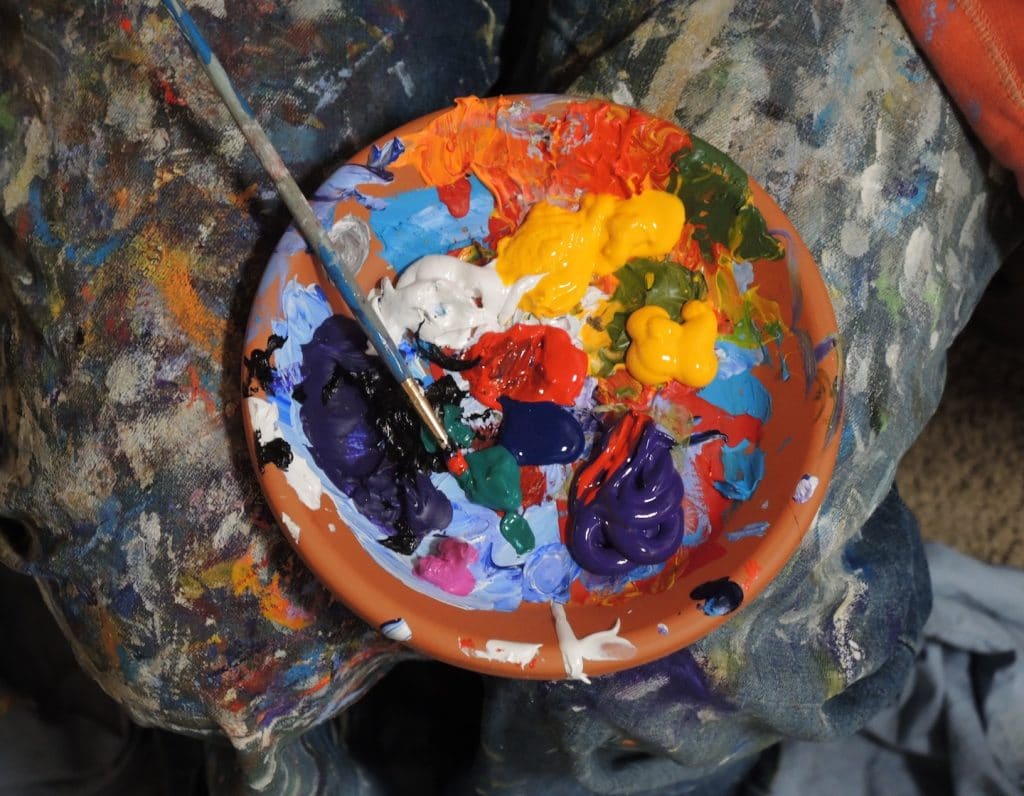
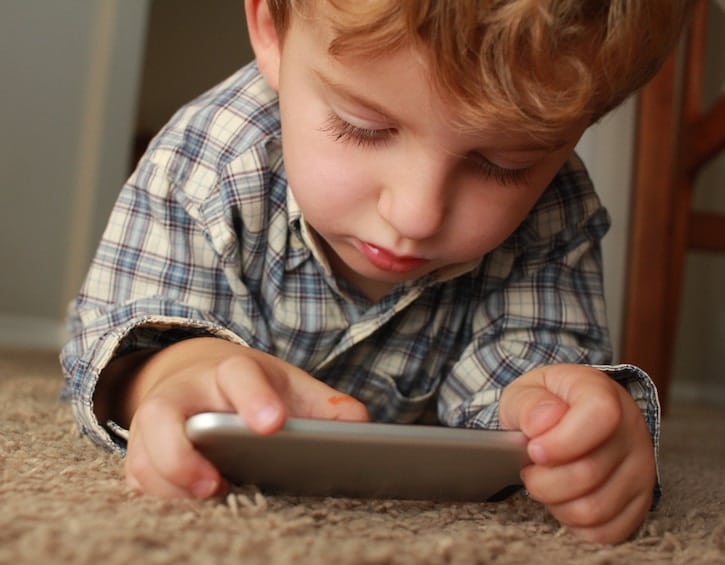
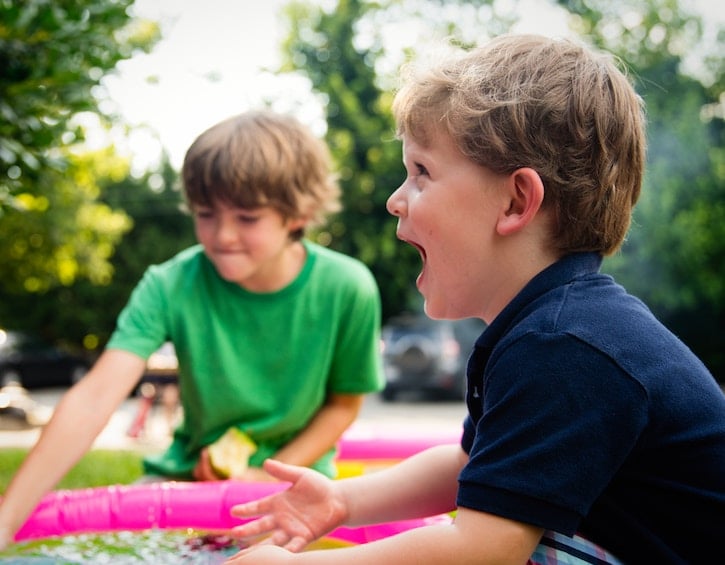
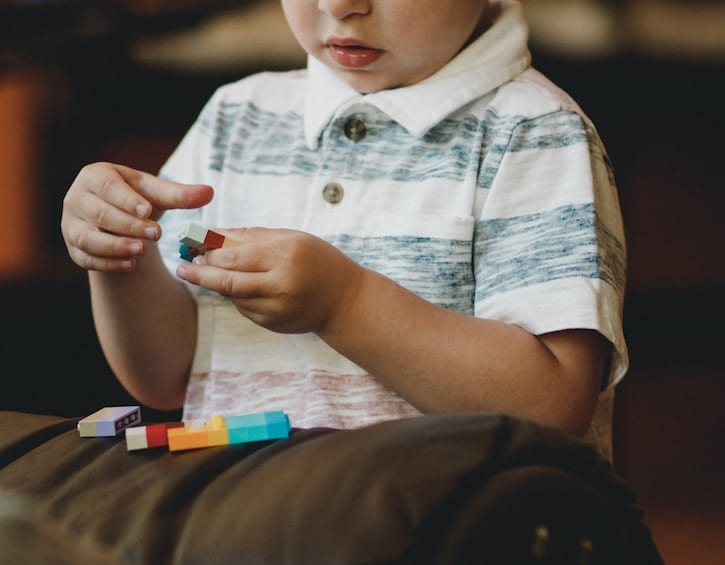
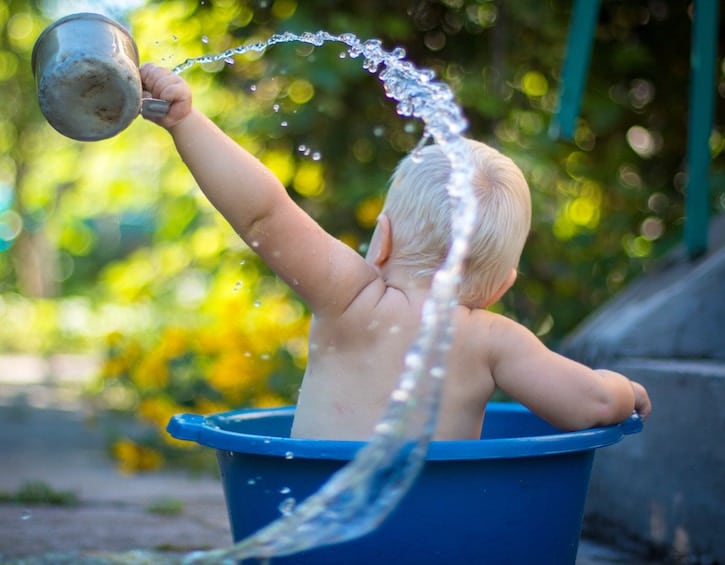
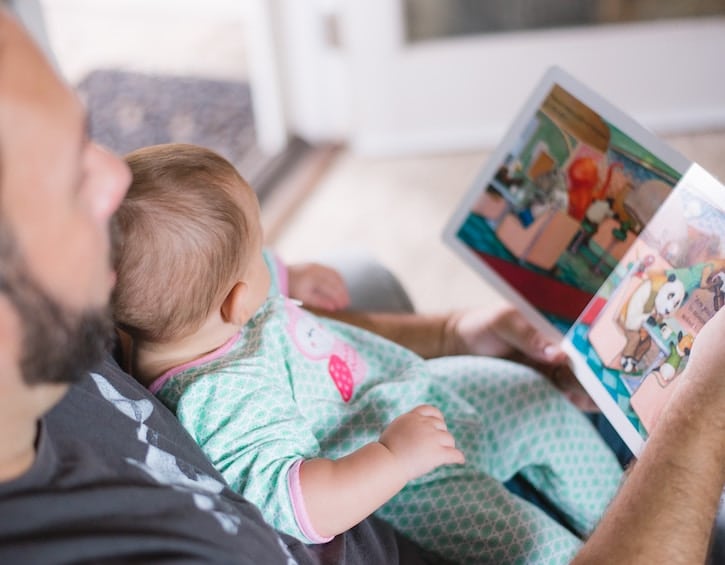
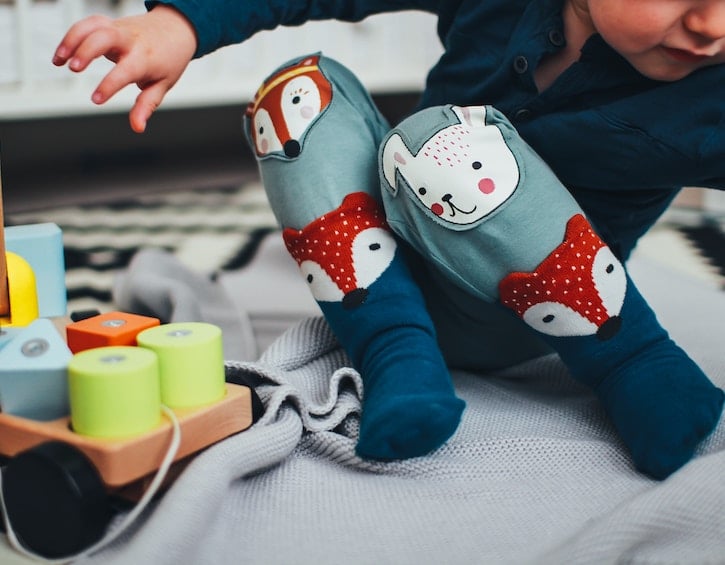
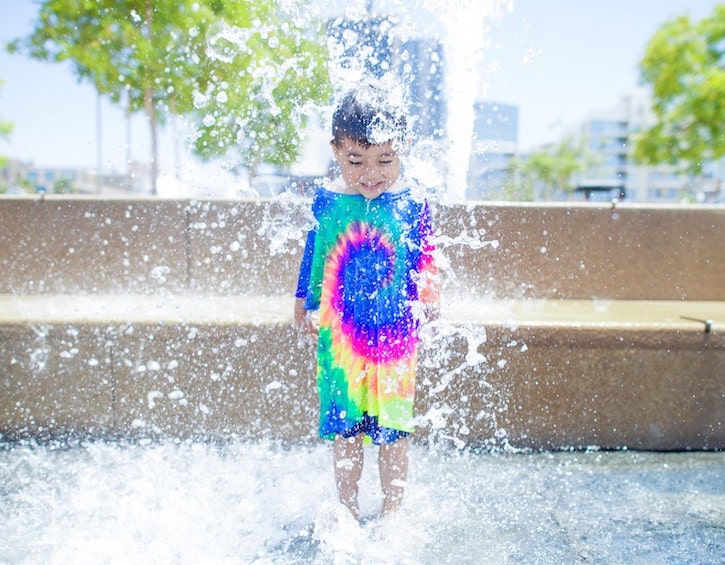
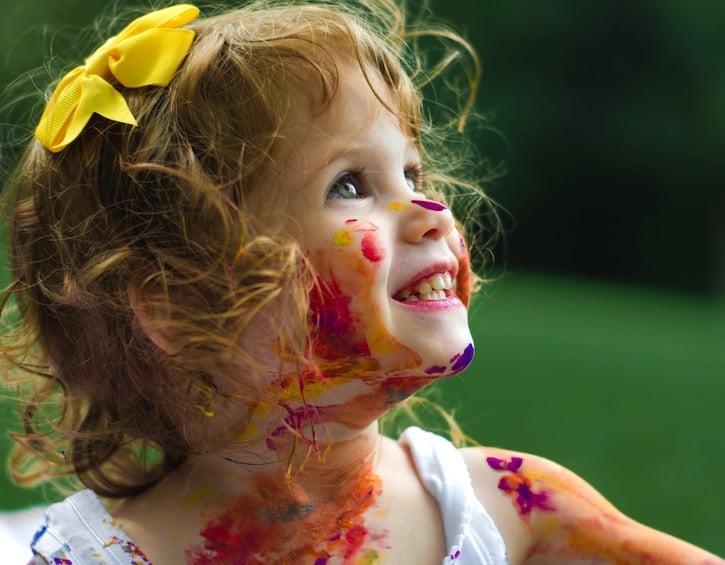
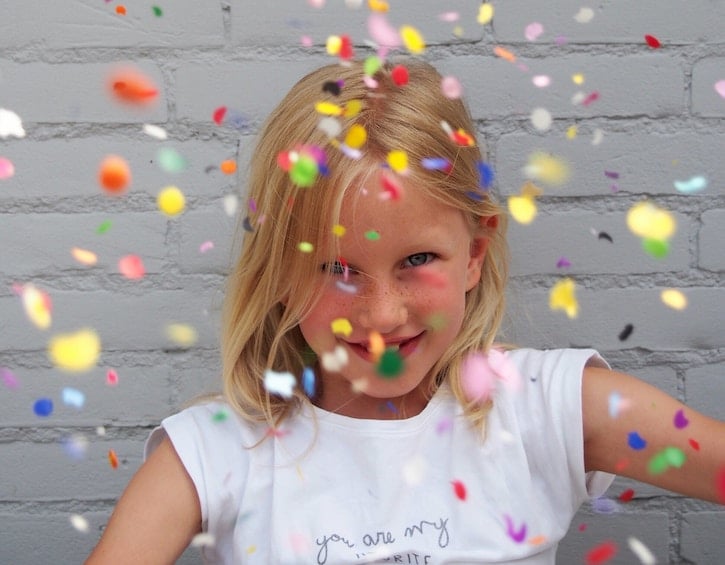
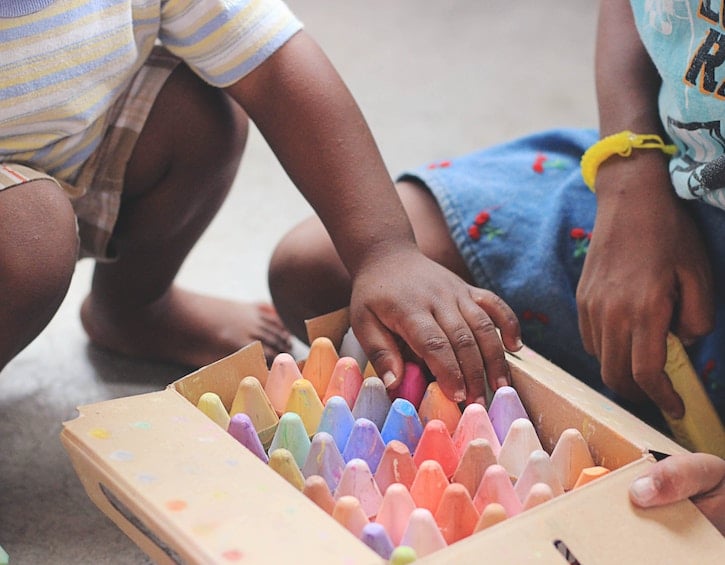
Cultivating a creative environment to raise creative kids
As a holder of a BA in Drama and Writing, it often breaks my heart when creative subjects are deemed second class to their ‘academic’ counterparts. To be honest I’ve never quite understood why maths is a core subject and drama isn’t. Why the arts are always the areas facing cuts in time of austerity and why its value still isn’t recognised in today’s society.
As children grow up to compete in an ever-changing world; the skills gained from creative subjects are often the ones most needed to ensure they get ahead. Skills such as communication, problem solving and interpretation of data are paramount in today’s job market.
So how can we ensure we raise creative children? Here are 10 ways to support your child’s creativity and get their juices flowing.
In the age of smart phones, tablets and all things digital, it’s rare to allow children free time to get bored. We’re all too quick to distract them with technology and yet time away from this can allow them to use their imaginations to fill that void. Without a screen in front of them, children may get creative with pots and pans or reach for paper and pens. Let them be bored and just see what happens.
It’s all too easy to fill your child’s time with numerous hobbies and play dates and while extra curricular activities are fantastic, make sure that your child has at least some down time.
Unstructured time ties in with the need to allow children to get bored. During unstructured time children are not limited by rules or expectations and this is therefore the time when they can be most creative. Their minds will wander and allow them to look at things in new ways and as their minds are allowed a break from structured thinking it actually allows for new thoughts to emerge.
When time is tight, allowing your child to make their own choices can seem like a recipe for disaster. However, limited choices can provide a great solution to this by giving your child options that they can then decide upon.
Providing choice allows your child to think for themselves and will lay the foundations for them to be independent and critical thinkers in later life, all of these are vital elements to creative minds. When time is more readily available, brainstorm ideas together for ways to spend the weekend or places to go on holiday. Celebrate even the craziest of ideas and look at ways to build on these suggestions.
Messy play is one of my favourite forms of play for pre-schoolers but I’ve actually found that older children love it too. Getting messy is so much fun and as an open-ended activity. There is no right or wrong way to engage with it, meaning that children can use their imaginations to extend their play in whatever direction they choose. Messy play can involve all sorts of resources from shaving foam to corn flour, or even just water and sand. There are hundreds of recipes and suggestions online.
It seems obvious that reading develops creativity, as children are encouraged to imagine the world in which the stories are written. Most young children love to read but encouraging this as they get older can be done by allowing them to choose stories that interest them. Read together and bring stories to life through props or by acting them out. Ask open-ended questions to encourage children to think beyond the story.
“I wonder what would happen if” or “what would you do if…”. Don’t just ask questions where there is a right or wrong answer, ask questions where children’s minds can wander into the unknown.
Children who aren’t scared to get things wrong are far more likely to approach challenges with enthusiasm. We therefore need to ensure that children see their mistakes as a reason to celebrate and not something to fear. When children approach the unknown with a ‘can do’ attitude, they will look for new and innovative ways to fulfil these tasks and this is when they start to become more creative.
Your home is a great starting point for nurturing creativity and whilst a lack of space in Hong Kong can make this harder, you may still be able to dedicate a specific space where you child can be messy or engage in activities such as dressing up or role play.
When it comes to birthdays and special occasions; ask relatives for toys that will support this – fancy dress costumes, play food and utensils or toy phones and cash registers can be used to create creative spaces in your home. Make your home a space where creativity is celebrated and encouraged and praise your child’s ideas and expression. Always put their art work on the walls.
To an adult, the eyes of the cat must go at the top of its face, the mouth must be stuck on at the bottom. And yet a child may have had other ideas. Allow them to create works of art that look how they wish them to look. Let them be creative in this process and feel pride in the finished product. Ask them questions about the process rather than the finished article.
Celebrate music, literature and art. Take your child to galleries and museums and show them works of art online or in magazines. Expose them to a range of music and as you listen to your favourite bands, share with your child why you love the songs that you do. Let your children know that the arts are to be supported and ensure they grow up in a world that sees the beauty in art.
Young children love to ask questions and yet as they get older, the number of questions a child asks reduces dramatically. Encouraging a line of questioning is a fantastic way to develop a creative mind set, as when we question the world we live in we start to look for ways to change it. Engage children in your own problem solving and ask them questions as you engage in every day activities to encourage their thought processes. Ask them questions that encourage them to think…
“How do you think that we could get to school faster?” or “How do you think they make chocolate?”
 View All
View All











 View All
View All
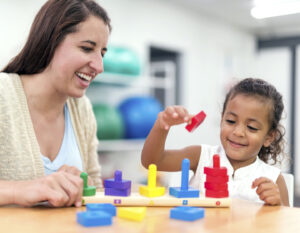




 View All
View All


 View All
View All








